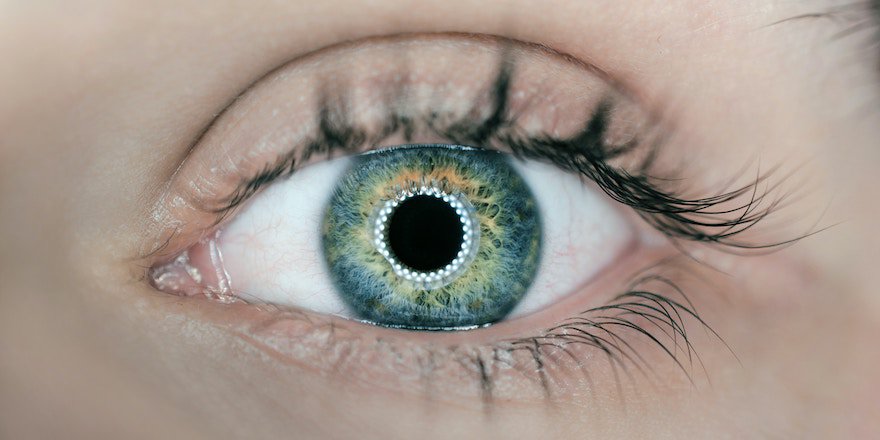Glaucoma is a common eye condition that can lead to progressive vision loss, even blindness, if not treated in time.
This condition is characterized by an increase in intraocular pressure, which gradually damages the optic nerve.
Often, glaucoma is asymptomatic in its early stages. Patients do not always realize they have the disease, which can be dangerous. There are several associated risk factors, including heredity, age, and high intraocular pressure.
It is also increasingly recognized that the diet can play a crucial role in the prevention and management of glaucoma.
This study shows that a balanced diet helps maintain normal intraocular pressure and reduce the risk of eye damage. Conversely, I will point out the 4 foods to avoid if you have glaucoma.
1. Salt and foods high in sodium
Une alimentation riche en sel contribue à l’augmentation de la pression artérielle. Ce qui peut à son tour augmenter la pression intraoculaire.
I recommend that you reduce salt intake and avoid processed foods high in sodium. For example, you can initially avoid adding extra salt at the table, using bouillon cubes (unless they are without added salt), soy sauce…
Use spices and herbs that add flavor and provide a gentle transition when reducing salt.
2. Caffeine
According to this study, caffeine can temporarily increase intraocular pressure. While this may not have a major short-term effect, excessive caffeine consumption over the long term may potentially worsen glaucoma.
Try to reduce your coffee intake and keep only your morning coffee, for example, if you can.
3. Saturated and trans fats
Saturated, trans, and cholesterol-rich fats are associated with an inflammation and lead to plaque buildup in blood vessels. This can disrupt blood circulation in general, and more specifically in the eyes.
If you have glaucoma, I recommend that you limit consumption of fatty meats, high-fat dairy products, and fried foods. In any case, this will be beneficial to your overall health.
I suggest simply replacing them with white meats and lighter dairy products. Fresh goat cheese, plant-based yogurt…
4. Refined sugars
Did you know that foods high in refined sugars can cause blood sugar fluctuations? These fluctuations impact our body in general but can also have an effect on blood circulation in the eyes.
Furthermore, as this study shows, people who suffer from diabetes are more likely to develop glaucoma, which is one of the possible complications of this disease.
En réduisant votre consommation de sucre et en privilégiant les glucides complexes, vous réduisez votre glycémie. Et donc les impacts potentiellement néfastes sur votre glaucome.
🎧 Listen to the podcast | Sugar or Life?
As I mentioned, diet plays an important role in managing glaucoma. By adopting healthy eating habits, you help maintain normal intraocular pressure and prevent the progression of glaucoma.
However, it is always important to consult a healthcare professional. They will provide regular monitoring and personalized advice for managing glaucoma.
Sources and scientific studies
Claudio Perez, Kuldev Singh, Shan Li, 2019. Relationship of lifestyle, exercise, and nutrition with glaucoma.
Idan Hecht, Asaf Achiron, Vitaly Man, Zvia Burgansky-Eliash, 2016. Modifiable factors in the management of glaucoma: a systematic review of current evidence.
Louis R Pasquale, Jae Hee Kang, 2009. Lifestyle, nutrition, and glaucoma.
Yangjiani Li, William Mitchell, Tobias Elze, Nazlee Zebardast, 2021. Association Between Diabetes, Diabetic Retinopathy, and Glaucoma.
Brian J Son, Lloyd Paul Aiello, Louis R Pasquale, 2016. Presence and Risk Factors for Glaucoma in Patients with Diabetes.



